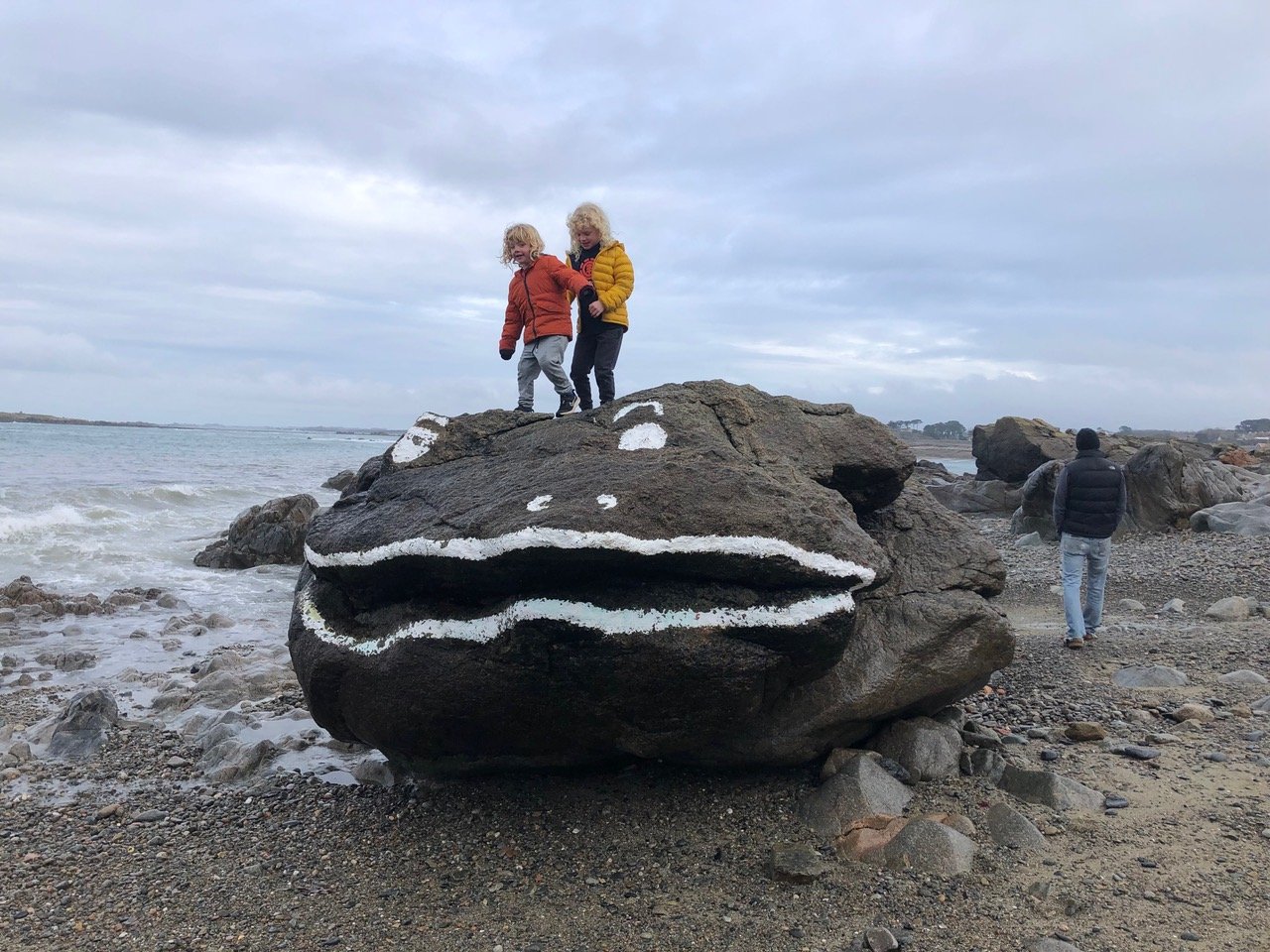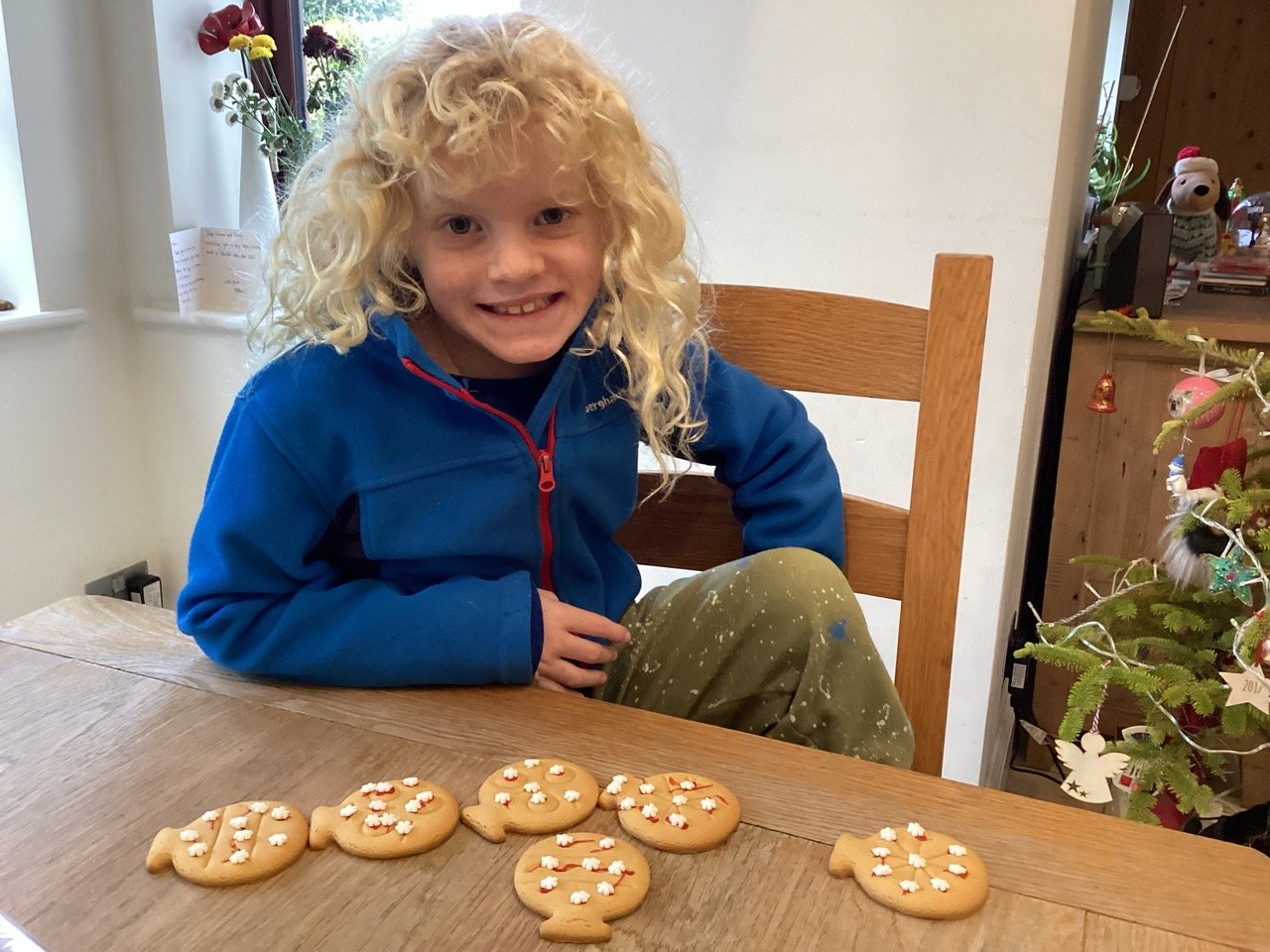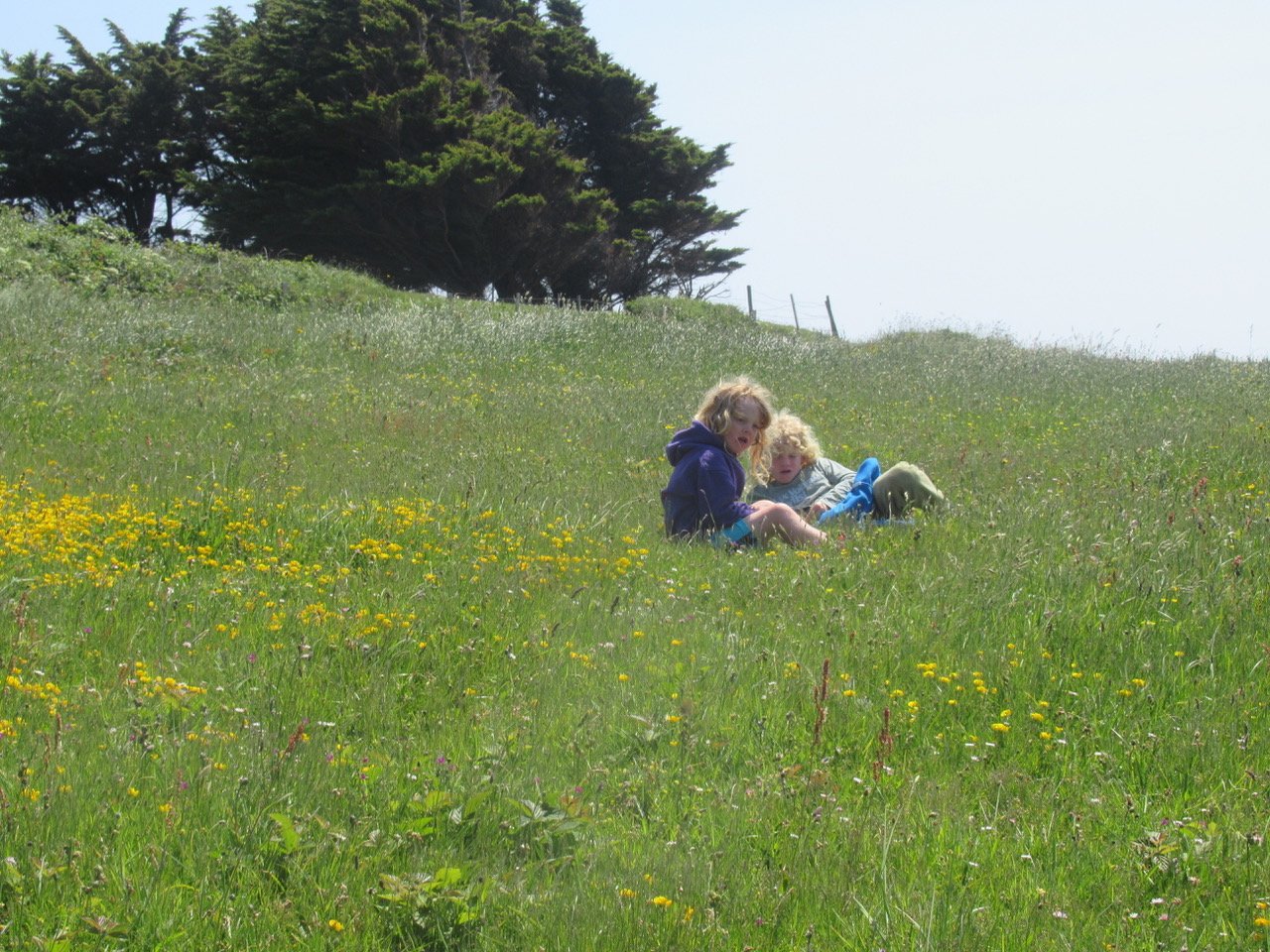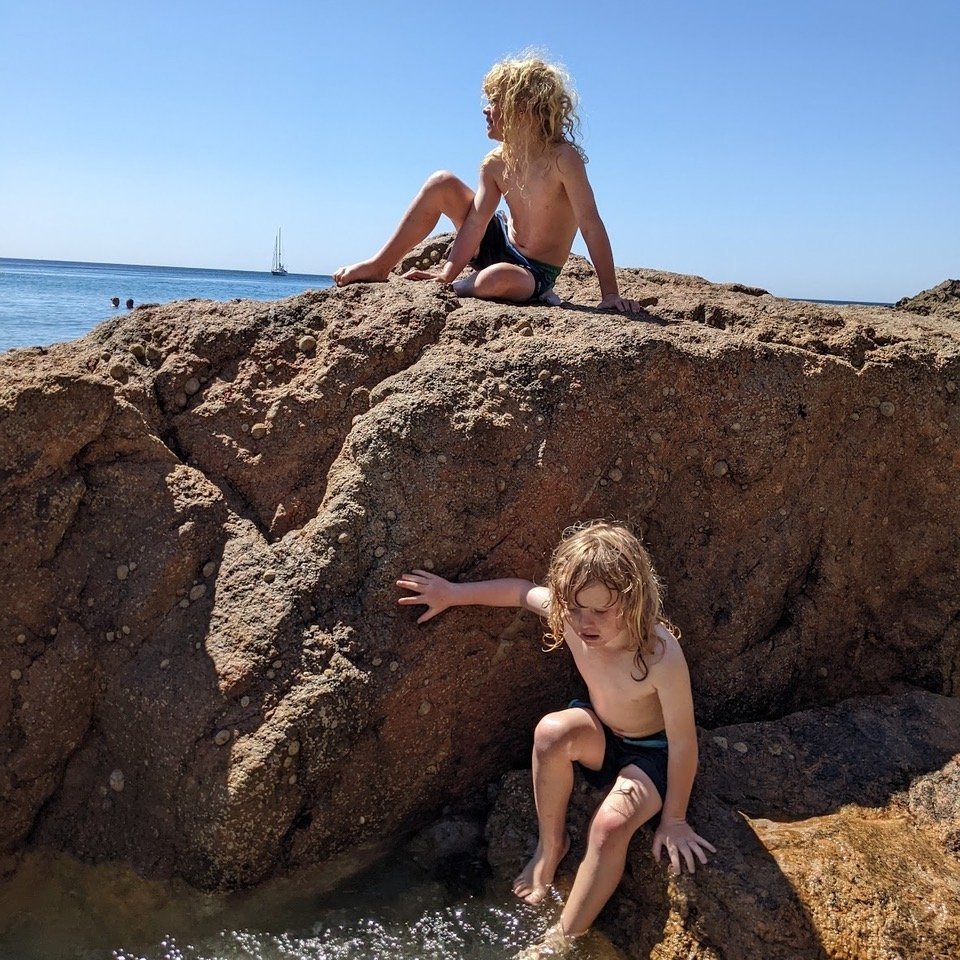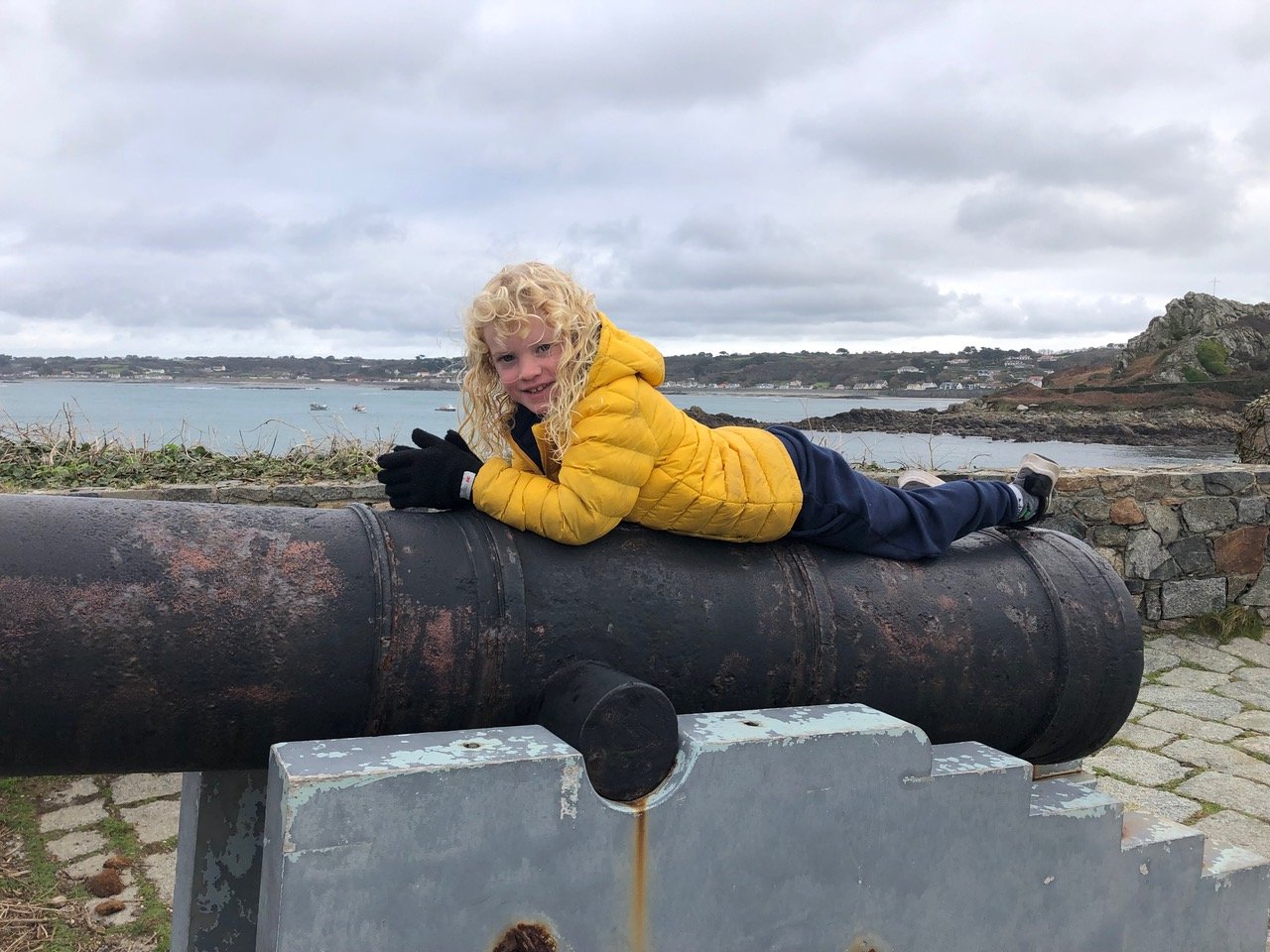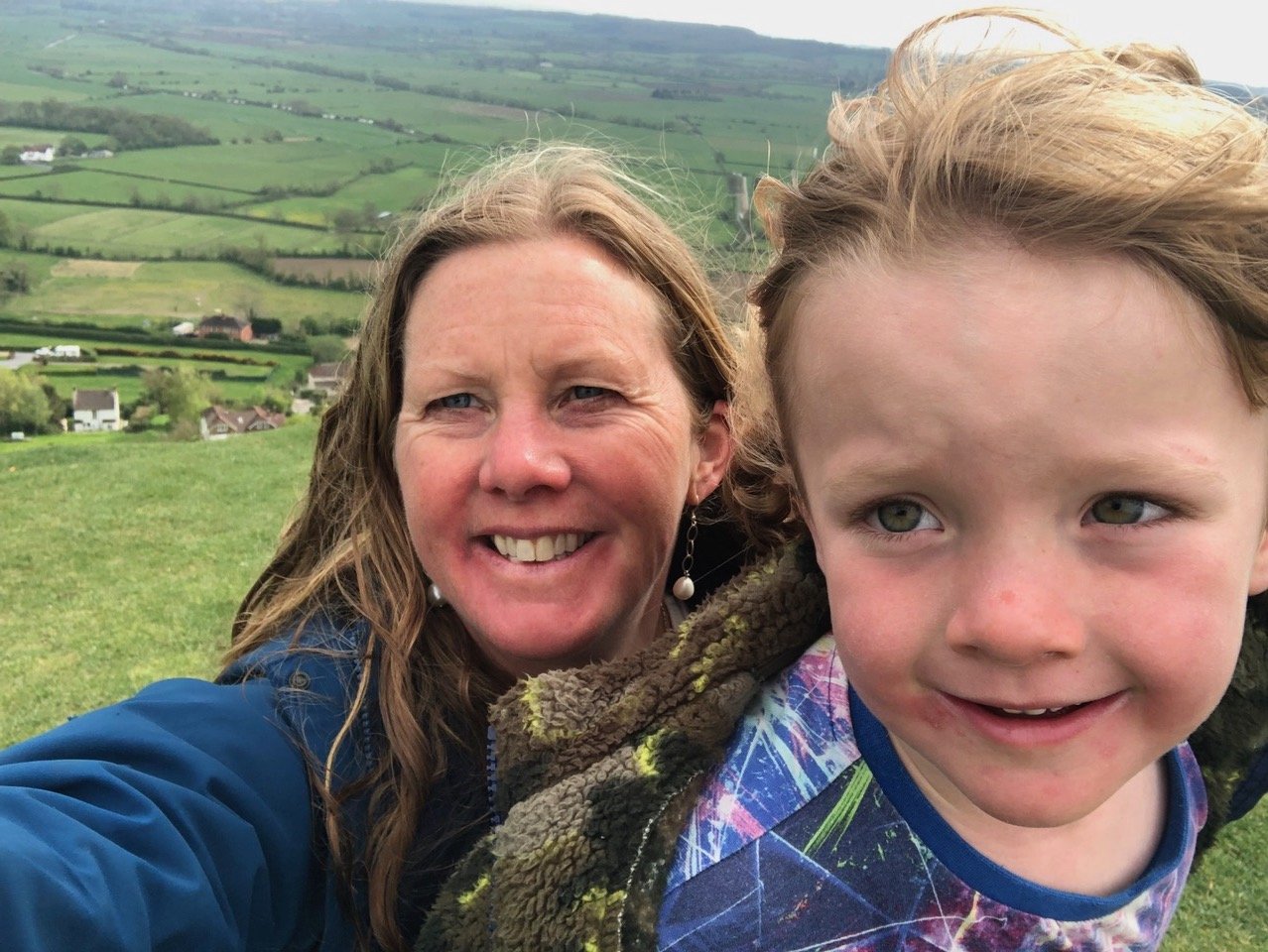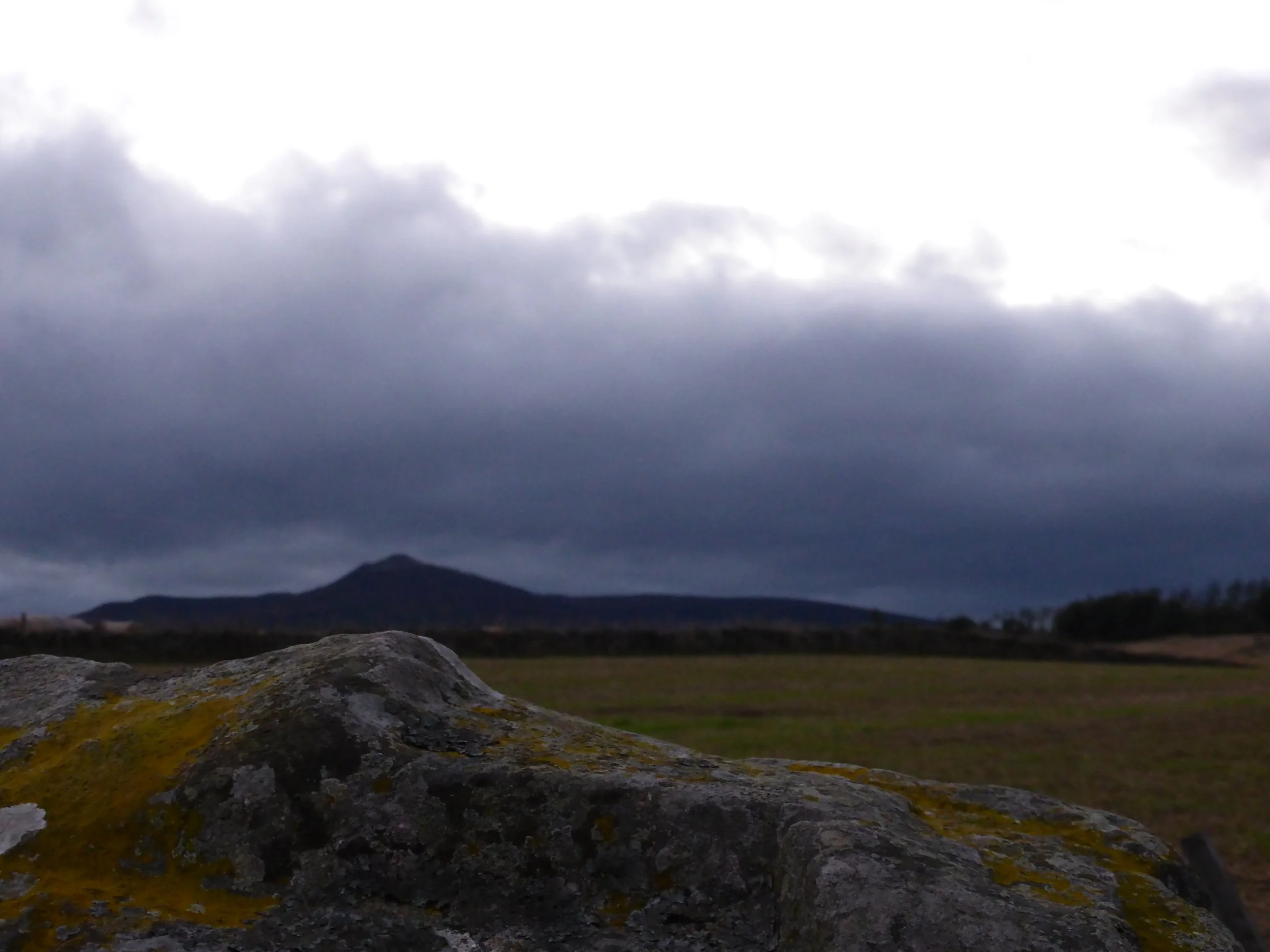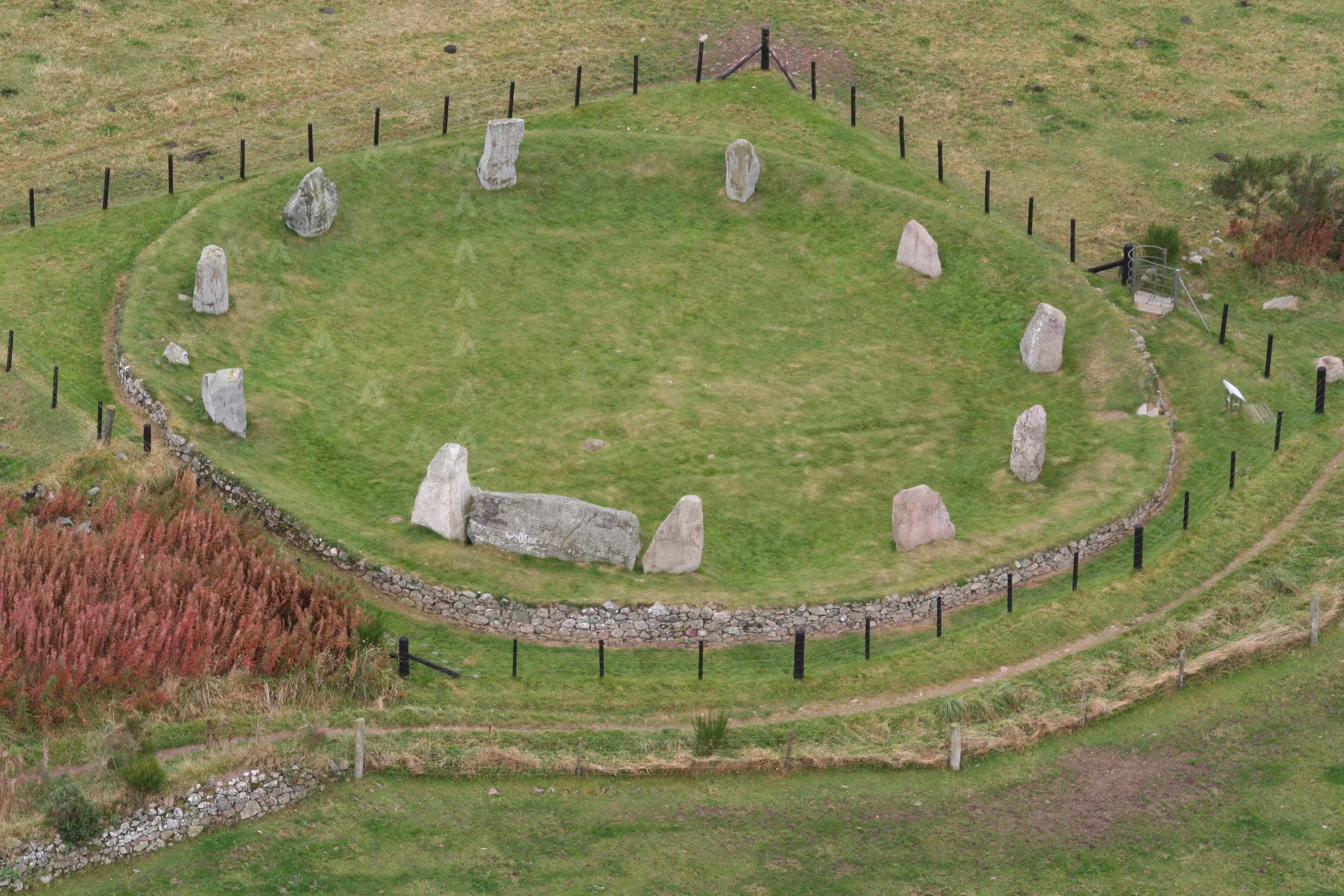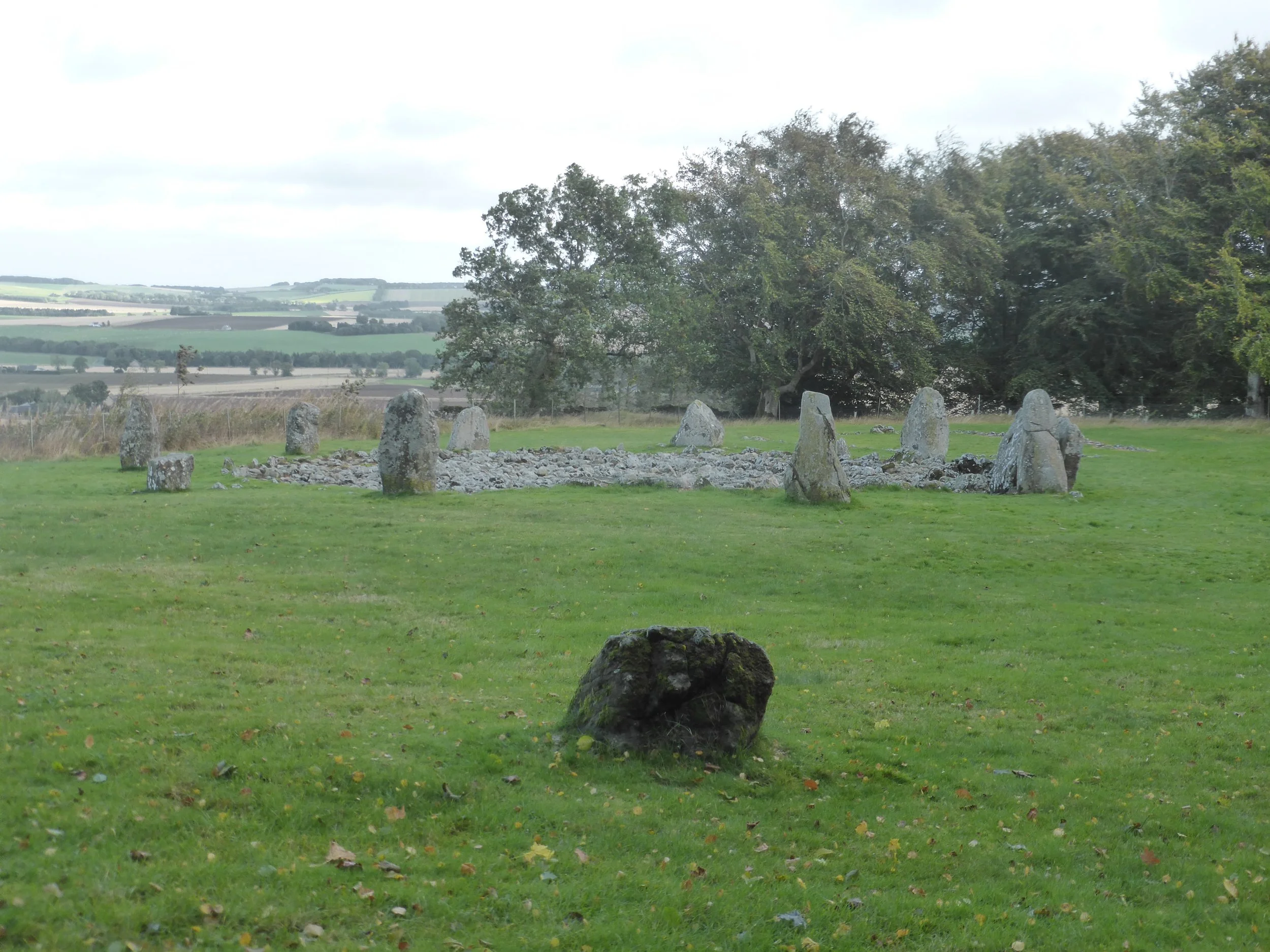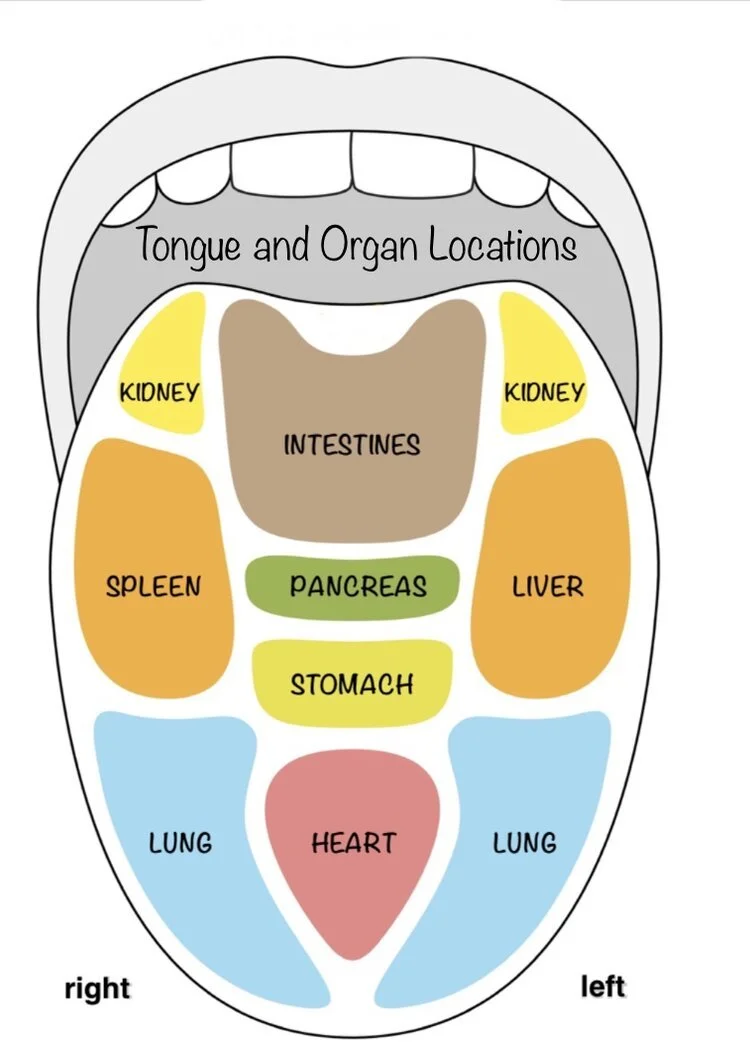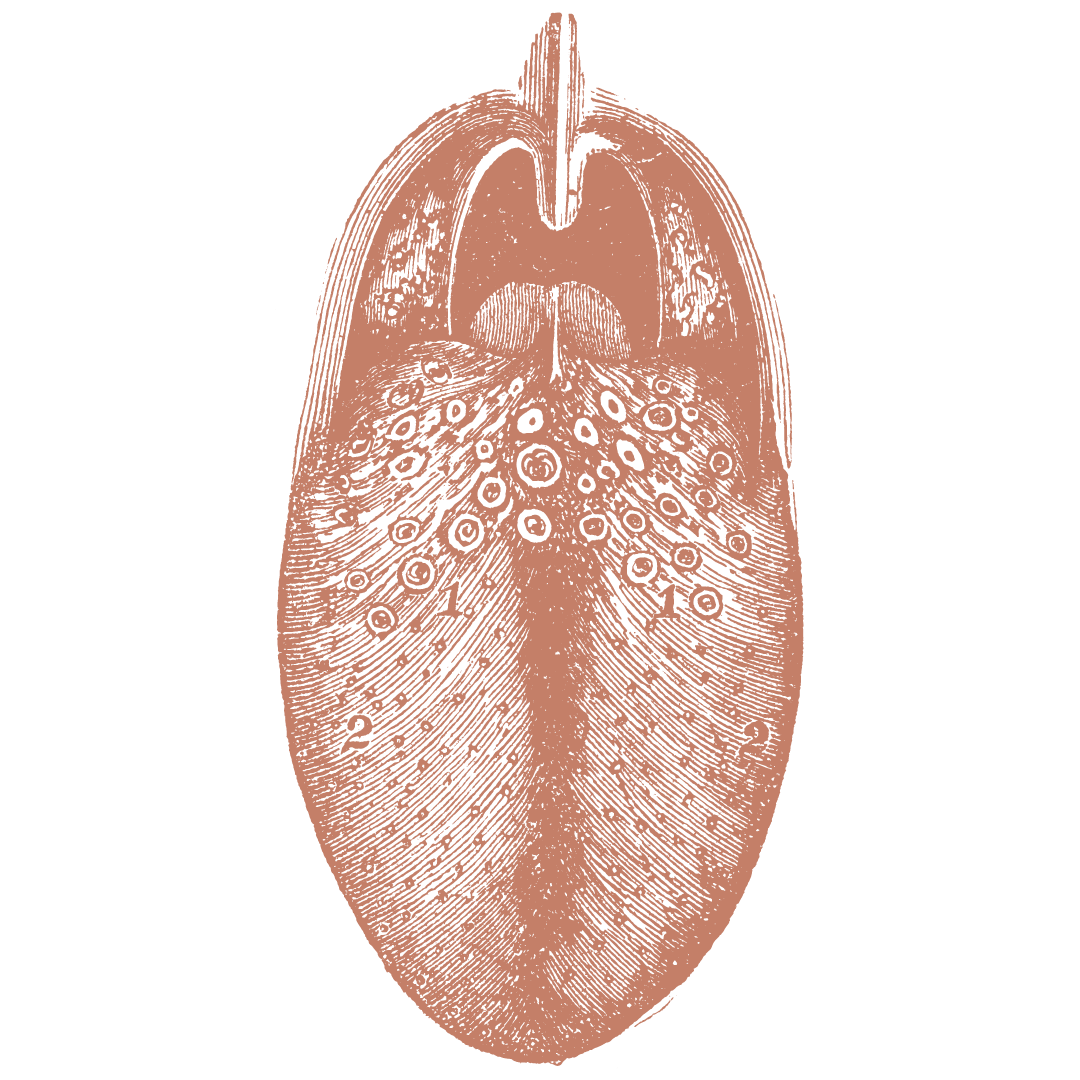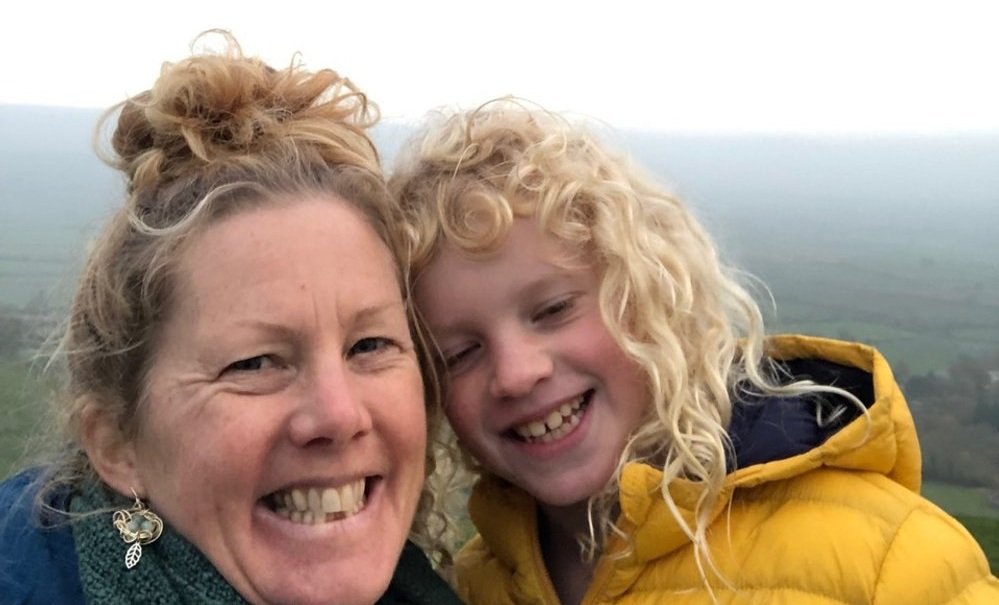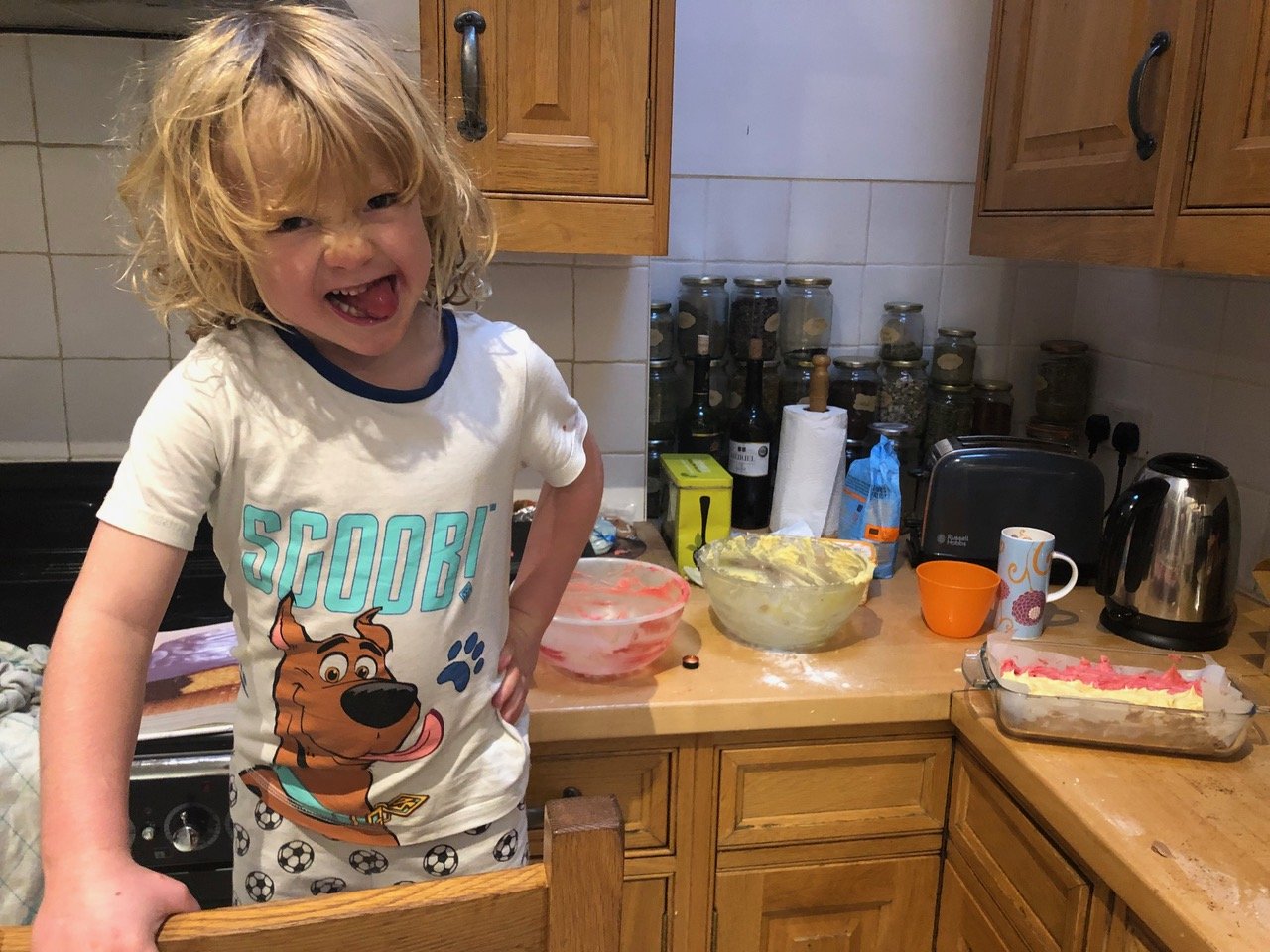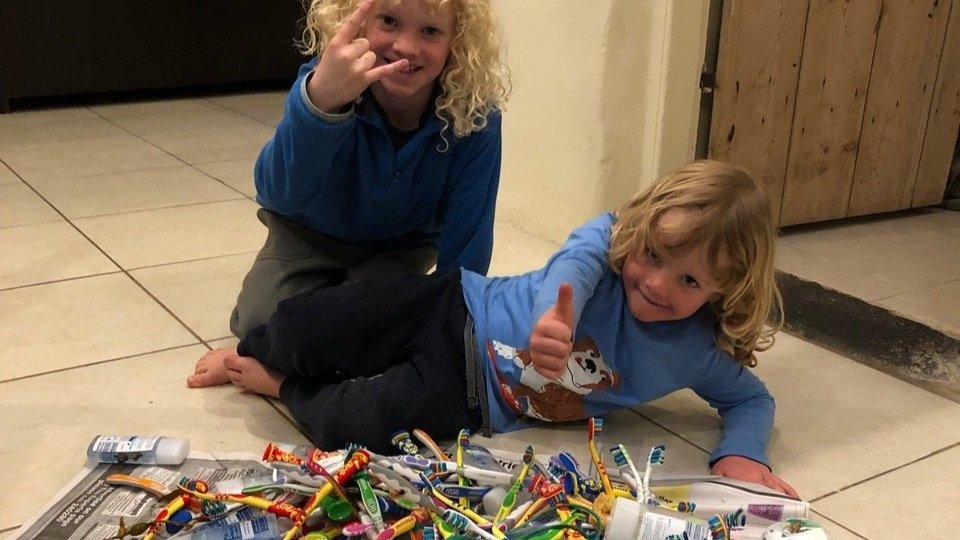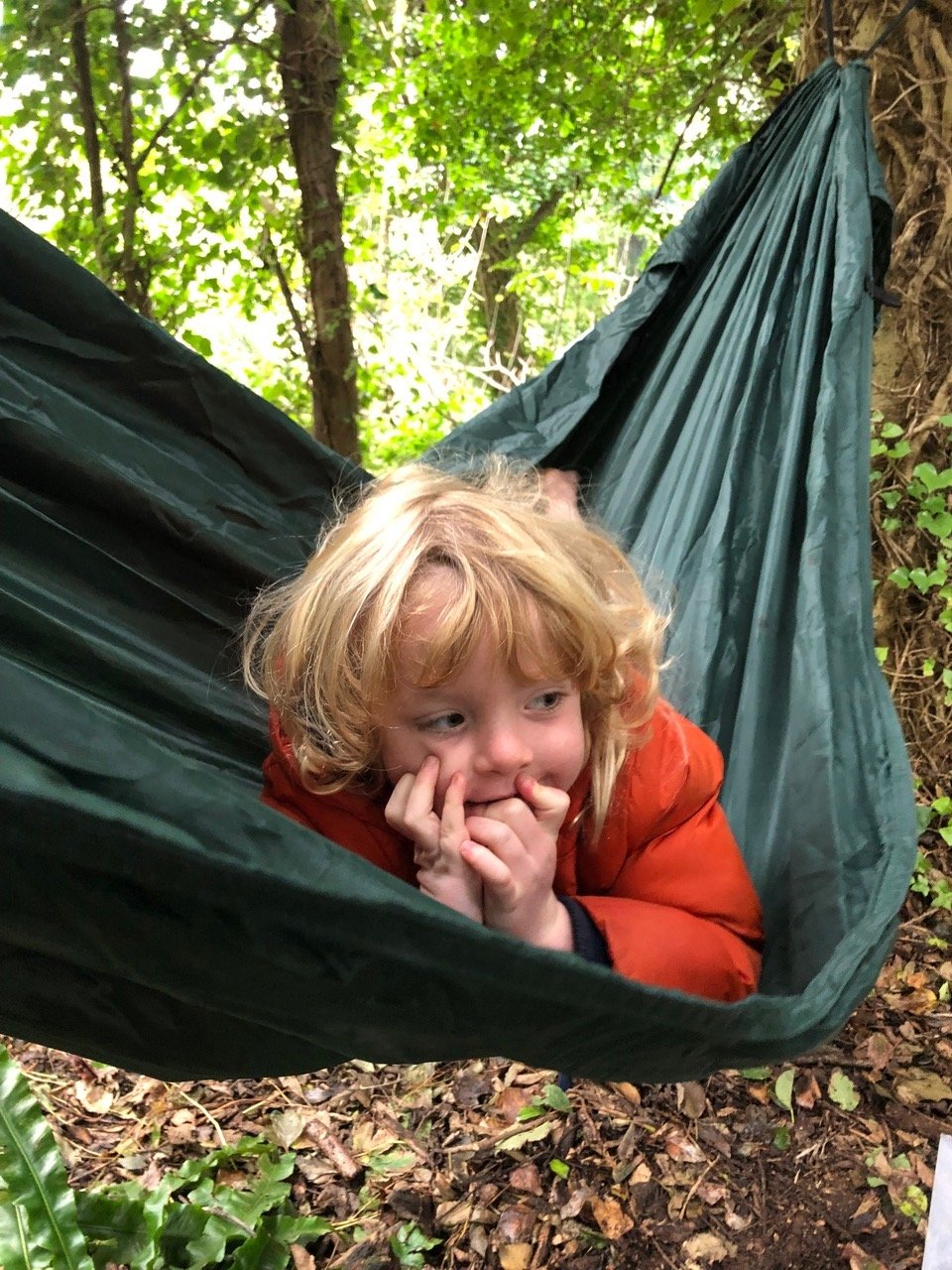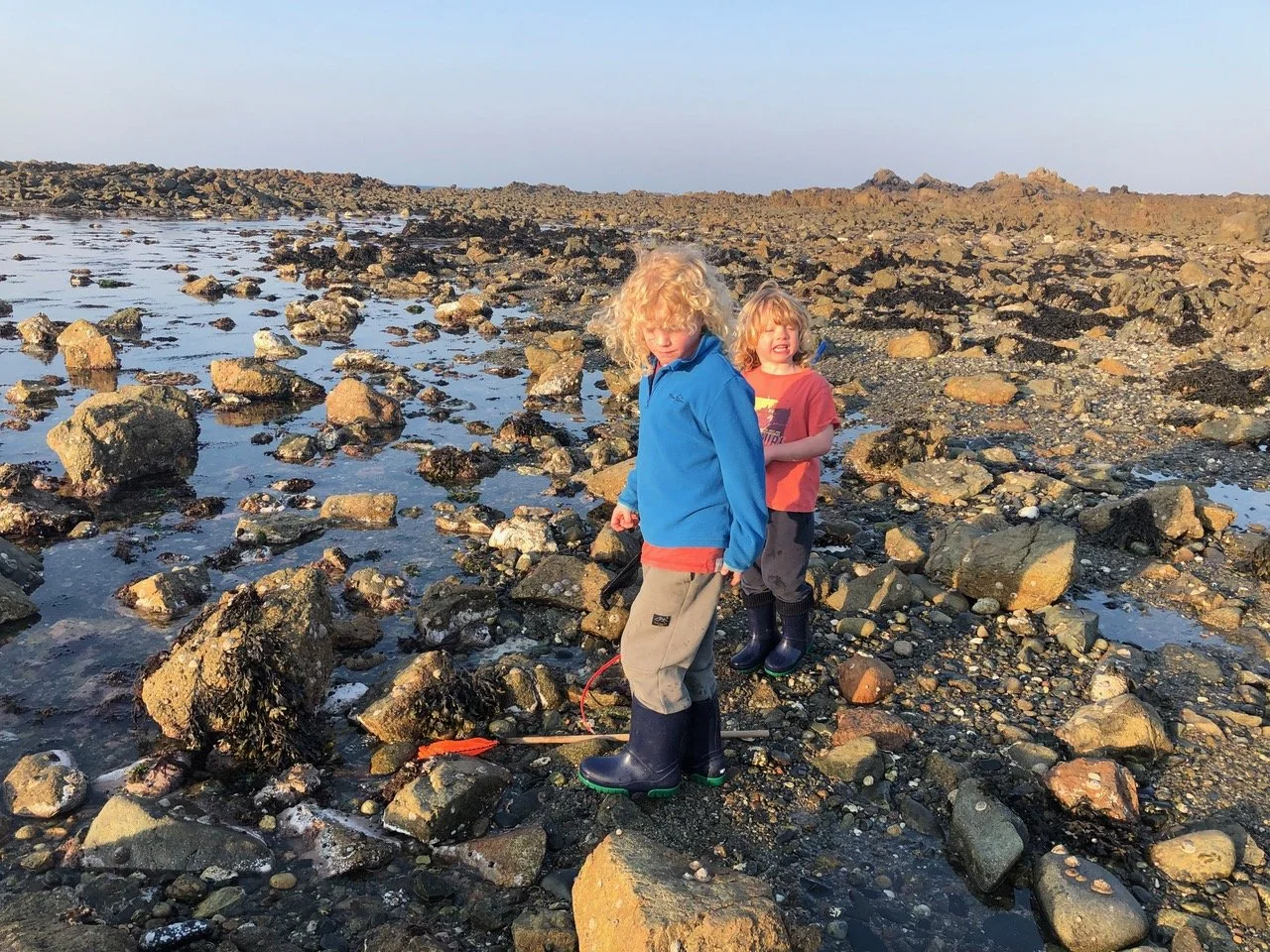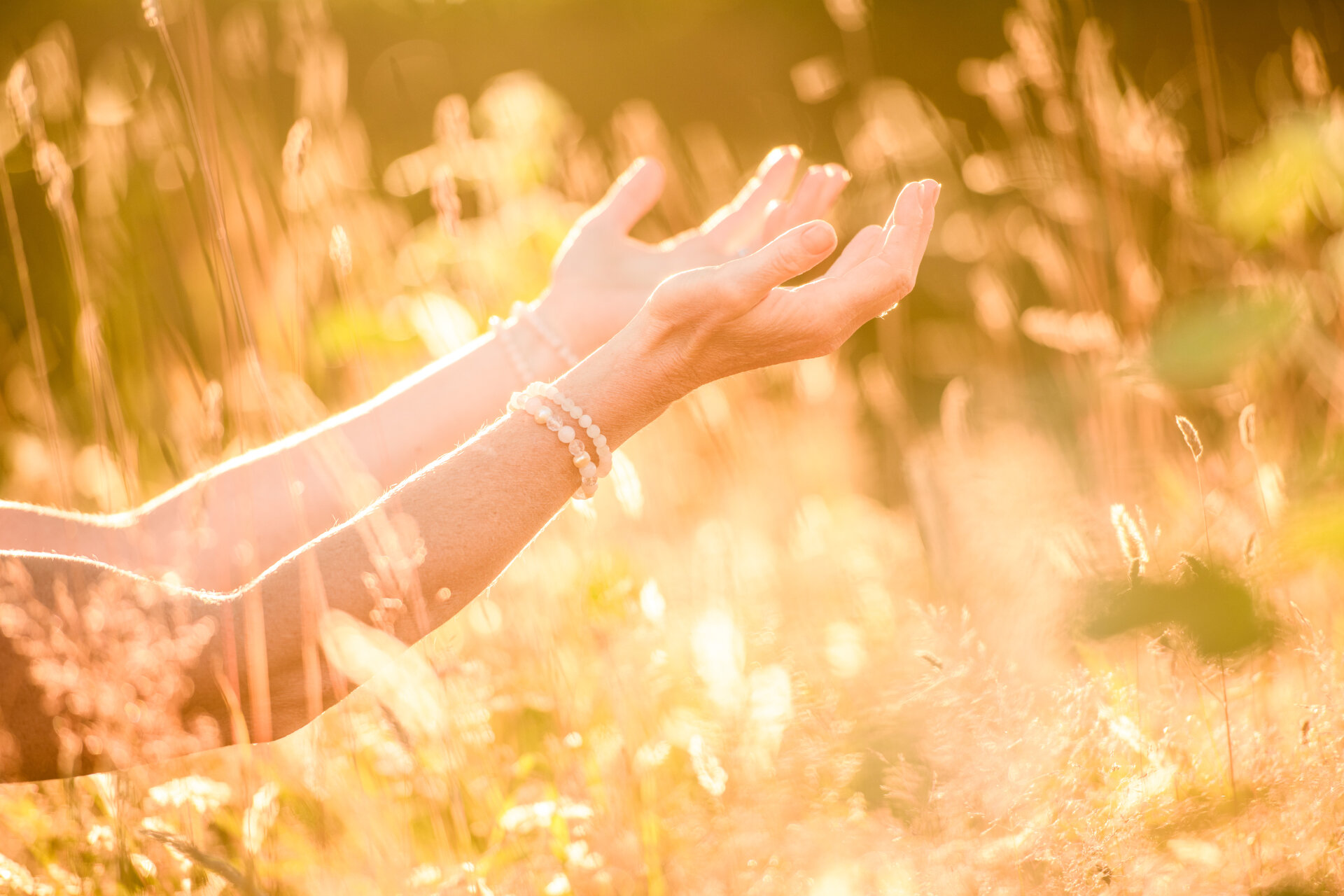
Our homeschool journey (part 2)
Inevitably it has taken time to find our flow with Elijah since then and I would encourage any of you embarking on home schooling to take your time too. You cannot rush these things so please don’t put too much pressure on yourself. Inevitably – like me – you will come up against your conditioning, it runs deep, not least from a societal perspective but also from your own experience.
Our homeschool journey (part 2)
Flow
Inevitably it has taken time to find our flow with Elijah since then and I would encourage any of you embarking on home schooling to take your time too. You cannot rush these things so please don’t put too much pressure on yourself. Inevitably – like me – you will come up against your conditioning, it runs deep, not least from a societal perspective but also from your own experience.
For example there are moments, even now, where I panic and question what we are doing. It is quite a responsibility to literally take responsibility for your own child(ren)’s education. You can’t blame the school or the teachers as so many do, in fact there is no one to blame, this being the nature of responsibility. The children show the way - Elijah has without doubt shown us that there is more than one way to learn, and that there is also more than one way to be in this world. My Dad will be the first to say it has been the best decision we made for Elijah, now thriving.
The community
I shall always be grateful to my home school friends. While there is a large home school community on the island with children of all differing ages (last time I asked, I was told there were approximately 80 children on the Home School Register) we parents might come at it from different perspectives. It took me some time to find my way with this, because of my spiritual and slightly alternative emphasis it was easy to assume that others came at it from this similar perspective but I discovered that this is not the case.
For example, some are teachers themselves and are keen to follow a more formal approach to learning with their children, and others are more radical, following an unschooling approach in many respects, where it doesn’t look like school at all. So even within the home school environment, we had to find our tribe so to speak, and I was lucky in that I had befriended some of the women in my involvement with the home school community previously and was now able to commit to them.
Over time I have formed an especially close friendship with four mums with children of similar ages, all of whom share a similar spiritual, holistic and nature-based approach to living and learning. Fortunately our children all get along which helps enormously. I have tried forming friendships with other mums but if the children do not align then it is pointless, and you cannot force them, just like school, they either get along with other children or they don’t.
Subjects & activities
Like most children Elijah learns best when he is interested in the subject matter. He loves facts and will get obsessed by things, so we follow his current obsession, all of us learning in the process. We have all discovered that it is absolutely pointless sitting him down at a table because he switches off immediately. Anything which resembles formal education will meet his resistance, with us at least. So we’re outside a lot following his interests in real life experiences where we can.
Furthermore, for all the downsides of iPads, there are many up sides too, and while some of my home school mums avoid them because of concerns over the long term effect of electronics on the brain and one’s ability to focus etc., Elijah has used it as a very effective teaching tool to further his reading and writing, and to allow him to follow his current interests – he still surprises us with the depth of his knowledge.
Over time we have gradually introduced more activities. We started off gently with Children’s Fire, a nature based session with our little tribe. From this we explored sailing with The Sailing Trust, which has proven to be an extremely positive experience, not least building his confidence but gifting him an interest in boats. From that he started motor boating, which has also helped his confidence exponentially, especially as we had no choice but to leave him on his own with the group – quite an achievement!
He continues to see a dyslexic professional privately and he has recently started with a private maths tutor too, as well as attending an after school arts club. This term he starts wood carving with the Children’s Fire gang, as well as drums and design and technology privately. I also teach yoga and some form of holistic healing with our little tribe when we have time – as you can see, our schedule can easily get busy, especially when you factor in outdoor play.
Over the years we have tapped into other local resources; Candie Museum have held sessions for us, so too the Guille-Alles library. We visited Lloyds Bank to learn about banking. We visited the harbour to see maths and physics theories applied in practice. We’ve joined together for practical science. We have also enjoyed many a dowsing session with Tony from the local dowsing society and Nic Jee kindly teaches us about life at Heritage Farm throughout the changing seasons.
We have visited the police station, fire station and ambulance station. Some of us stayed on Lihou for a few nights. We took a trip to Island Waste and another to the reservoir with Guernsey Water. We have visited the Occupation Museum and Castle Cornet. We have also walked parts of the cliffs and done a fair bit of cave searching too. Beach time and rock pooling is a favourite and we have even started fishing, albeit more time is spent preparing the rod than actually fishing!
Eben
As for Eben (now 7), when we took Elijah out of school, we were told that when one child is home schooled, siblings in formal education will soon follow. However we were keen Eben continue at school for as long as possible. While he too suffered separation anxiety, making each drop-off still challenging and resulting in lunch time pick-ups, steps were taken at school to ease the separation and so by the end of Reception he was staying for lunch.
It wasn’t easy for Eben though. While he understood that he was going to school because Elijah had gone to school at the same age, he was frustrated about being treated differently. He liked playing football with his friends and was a sociable child and we were keen to promote this, but he is also sensitive, hates being watched by others and easily gets bored of more formal learning, which increases the older they get.
Surprisingly, he was deemed a model student by the school, which was quite in contrast to the child we saw at home where his behaviour was often violent and destructive, towards Elijah especially. Taking advice from Autism Guernsey, we now know that this is called masking, where children (or adults) hide or disguise parts of themselves in order to better fit in with those around them. Basically Eben found a way to cope with being in the school environment where his fear of being singled out or having people look at him was huge.
This does mean however that when they come home, the mask comes off and there is an outpouring of all the holding on that the masking causes. It takes a lot of energy to mask and try to be someone you are not, and overtime this can lead to increased levels of frustration as well as burn out. This masking absolutely accounted for Eben releasing his frustration on his brother, not that we realised that at the time.
We did seek professional advice from the child psychologist again and while ADHD was mentioned, we saw this more as a trauma response than a condition and sought holistic help accordingly. We also tried to do our best to make the school experience as positive as possible and when he showed signs of a speech impediment, my parents very kindly paid for him to see a speech therapist who identified a hearing issue and sure enough, this was validated by an audiologist and steps were taken to alleviate any issues this may cause in the school environment.
Just before the end of year one, however, it all got too much for Eben and he refused to go to school. While we are not exactly sure what tipped him over the edge, we believe it was a combination of factors including issues with friends (a girl kept trying to kiss him and a new boy was intimidating him), he loathed Phonics especially with hearing/speech issues (as did Elijah interestingly, it was a daily grind that caused tears), a sponsored swim and sports day looming, both terrifying for a child who doesn’t like people watching him, Elijah’s increasing freedom with the home schooling and me about to leave for a week away from the family, and all in all it was too much for him.
It might sound ridiculous to others, but we literally couldn’t get him to school. Any attempts to do so caused the fight/flight response to kick in and he literally took flight through a sky light in his bedroom and up onto our roof. It didn’t help of course that he knew Elijah wasn’t going to school so there was cover for him at home – it wasn’t like we had 9-5 jobs and had no one to look after him.
The school did their best to help, but understandably with approximately 550 other children to manage they couldn’t send anyone around to collect Eben and even then, we would have been faced with the same issue the next day. This would have resulted in an even angrier child to manage in the interim, who was showing visible signs of distress and taking radical action to get us to pay attention and take on board that he really wasn’t enjoying the school environment.
We sought professional advice again, this time seeking an assessment from a child Occupational Therapist. While this highlighted a few sensitivity observations, we began to realise that there was nothing wrong with Eben per se, we were simply trying to fit a round peg into a square hole and make the problem our son rather than the system in which we were trying to place him.
Needless to say all professionals were keen for Eben to return to school. He displayed as a model child after all and people kept telling us that school was the best environment for him, even though he clearly didn’t feel the same. We were also told that he was playing us and perhaps he was, but having seen how Elijah was thriving out of school, I wasn’t sure that battling Eben into school was the answer either.
In many respects Ewan and I were still up against our own conditioning and our fear of what might happen to Eben if he came out of school, mainly because he is a very different child to Elijah, and we wondered how we might cope and if we could meet his academic needs, which Elijah did not share. So we followed along and put a plan in place with the school for a staggered return into year two taking on board the needs identified by the Occupational Therapist for extra support and increased opportunity for movement during the day.
Regardless of plans and intentions from professionals and ourselves, Eben had other ideas. He was not going to return to school. His will is strong and his soul had spoken; he wanted to be at home with Elijah.
Double home schooling
So began our double home school journey and what a journey it has been. Having two at home has massively changed things. Elijah is a quiet boy happy to entertain himself. Eben is wilful and highly energetic, relishing activity and action. Not only that but Ewan and I had to change our working schedule yet again to be able to manage two of them and their differing timetables and still manage to earn money to support a home and family.
Needless to say it has taken time to find our new flow. We have both been challenged. Half way through the term we began questioning whether we could keep going, again our fear and conditioning getting the better of us. So we applied for an out of catchment place at a smaller primary school and while we were granted the place, we realised nothing had changed, Eben was still not going to go to school and certainly not to a new one, regardless of our insecurity.
Fear & conditioning
So I realised that if I could not change Eben, I had to change something in myself instead. I looked at my fear and saw that I was worrying about Eben being left behind. Left behind what? This is when I became increasingly aware of the extent of my own conditioning.
While I know on the one hand that the current education system is not fit for purpose and does not teach children the actual skills they might need to literally survive and engage with the world in terms of cooking for themselves/a family, managing bank accounts, basic bookkeeping and accounting info, running their own businesses, self -care and health awareness, looking after animals and parenting, growing vegetables, living more consciously on the planet, following their hearts etc., I still found myself worrying whether Eben might end up behind his peers in traditional learning.
I realised how deeply embedded this idea of not keeping up, or of falling behind really is. I see now how it motivates parents to pay for private education and yet still feel a pressure to send children for extra tutoring just to ensure that the child(ren) meets certain age determined targets. There is a great fear of what might become of one’s child if that child does fall behind and what this means for social ‘norms’.
This has been ingrained since birth in many respects. From the day a child is born s/he is subject to comparison with pre-determined criteria which assures you that your child is ‘normal’ or not. All of us are concerned for any signs of abnormality, not least in terms of the implications for us as parents and our reputational sensitivity, but in terms of our child’s survival, reputationally too. At its root this is our fear - the fear of what might become of our child if they are not performing normally or above – will they survive in the big, bad and chaotic world in which we live?
If there is one thing I have learned from all this, from unravelling and trying to get to the root of my own relentless drive to achieve and obtain certification to prove it, has been fear of what might happen if I don’t do this. I was trained to behave this way. Since the age of 4 if not earlier, education encouraged me to always have to attain beyond my current level. It afforded me praise and I felt good about myself because of it. But it also afforded me a sense of security. If I passed my exams with flying colours I was promised – through education, by society – the world.
Education then was my ticket to be able to earn the money to ensure my security. I was sold this illusion. We are all sold this illusion. Yes it can help. But education does not make the world stable. We are probably at our most ‘academically educated’ globally, yet the world is far from stable. And we are certainly not thriving as a specie. Placing our intellect and brain capacity beyond all else is not a healthy way for us to exist on this planet. We are not merely minds for hire. We are people with bodies and hearts and souls.
When we are lying on our death beds, will we wish we had spent more time in school learning? Or wish we had spent less time inside, training our minds to see the world a certain way, when we could have been out in it instead, being the change we want to see in the world – interacting with it, living it, being in it. In short it seems to me that our society has become neurotic about education as a form of security, to the extent that childhood is becoming compromised.
Furthermore, education has not kept up with changes in society and especially in the work place. Children still wear blazers and ties to secondary school here on Guernsey, yet business has increasingly moved away from this archaic dress form. Technology allows us to talk into computers and use it to help us solve our English and maths problems, so that we don’t need to work them out for ourselves, or write unnecessarily. Simply put, we don’t need to be educated in the way that we once were, the world has changed and education has not kept up.
Furthermore, there is no such thing as a job for life anymore. And employers are increasingly seeking students who can think outside the box, who haven’t just been trained to pass exams, but can actually engage themselves in real life situations. They want students who are thriving, not those suffering mentally before they’ve even got going with their working life.
Recently, I was both disturbed and concerned to hear about my friend’s 18 year old daughter whose level of stress in the final year of exams caused panic attacks which have left her suffering anxiety and depression and on anti-depressants. Apparently this is not unusual, many friends of this girl, also 18 years old, are all suffering mental health issues and are taking anti-depressants and/or anti-anxiety medication to cope.
I know from my own experience the detrimental impact of the pressure of getting good A-level grades to ensure entry to the university of choice. I don’t believe it is any coincidence that I ended up developing an eating disorder during my final year of school. I have since witnessed two clients who also developed eating disorder at the same age (17) because of the pressure of studying and anxiety about leaving home to go to university – life feels utterly out of control and perfectionist tendencies run wild.
When I thought about it, I realised that my fear with Eben was exactly that, False Evidence Appearing Real. It was not true. There was nothing to suggest he was behind. And at the end of the day, this idea of being behind is an illusion anyway. Children learn when they are ready. In Scandinavia children don’t start school until they are 6, and in Finland the compulsory age is not until 7, this on the understanding that they learn best through play before 7 and so that when they begin school they’re keen to start learning.
All I was doing was comparing my child to children in what I see as a broken system. I owe Eben more than that. I owe him the same chance I offered Elijah, in showing me that there is another way. There is always another way and I should have more faith and trust in that. And more fool my Mum for teaching me as a child never to be a sheep and follow others…
It is one thing following because of trying to survive. But there is a difference between surviving and thriving and I wish for my children to thrive, not just survive.
Owning it
I also realised that I needed to take ownership of the choices Ewan and I have made. For much of this first term I heard myself saying, “I didn’t choose this” in relation to home schooling our boys, when I was conscious that other home schooling parents had made that choice earlier on in their children’s lives. I considered them more passionate about, and committed to, home education whereas my principle passion has been towards yoga and Reiki and healing work generally.
Yet when I looked at this, I acknowledged that whilst it wasn’t my choice, in so much as the boys made it very clear they weren’t thriving in school, it was my choice. I could have carried on, like so many others in similar positions to Ewan and I, putting our children into school and hoping for the best. But we didn’t do that. We made different sacrifices. Because let’s be clear, life is one of sacrifice, just as it is one of choice – we have to choose the sacrifices we are prepared to make.
We have no idea how this will unfold. We have no certainty of outcome. But in my heart this feels the way for now and I have learned that it helps enormously if one can own that. Therefore Ewan and I have finally owned this as our right way to live for now, and this alone, this knowing, brings greater stability and joy and allows more of the passion, possibility and potential to reveal itself.
As Gandhi said, ‘we have to be the change we wish to see in the world’ and I am in awe of my children for making it so, for already living their dharma, their purpose, showing us that there are many ways to be in the world and they would prefer a much kinder, flowing and freer way than the one we had presented to them when they began in education. They really want to be that change. They want to be free to be themselves regardless of other people’s thoughts and opinions and society’s conditioning and expectations.
I share this story with you, not least for my own processing, but because this is a conversation I have with people from time to time, who are conscious that their child is not thriving in school but they don’t know what to do about it. All I will say is that there are options. It doesn’t have to be one way. You just have to find the way that works best for you and your children and your family and then own it and protect it.
No doubt this journey will continue to brush Ewan and I up against our conditioning, and we will continuously refine our right way to live as our children’s needs and need of us changes and as our own needs change. But this is life. If there is one certainty, it is that things change. That’s the reason I struggle to define our home schooling approach, because it just needs to have the space to be whatever it needs to be – regardless of how it looks – in each moment. Moment to moment is enough.
Findhorn, Scaravelli-inspired yoga and stones!
“Once upon a time, when women were birds, there was the simple understanding that to sing at dawn and to sing at dusk was to heal the world through joy. The birds still remember what we have forgotten, that the world is meant to be celebrated.”
―Terry Tempest Williams
It’s funny how life turns out. For a long time I have wanted to visit the Findhorn Foundation, having read about the legendary 40-pound cabbages which grew here and made the gardens famous and attracted others to establish a small community committed to their spiritual path and to expanding the garden in harmony with nature - with help from the elementals.
I liked the ethos, “the role of Findhorn is to help humanity turn within and be part of the solution to the chaos and confusion in the wold” (Eileen Caddy, Vision of Findhorn, co-founder of the Findhorn Foundation. I like how it came into being and the idea of living with others who share a common vision, but the opportunity had not presented itself to visit, not easily anyhow, until now.
As it turns out my brilliant yoga teacher, Louise Simmons, lives here. She was gifted to me from a visit to the Isle of Lewis in the Outer Hebrides back in 2018, when I took the family to see the Callanish stones on a whim really, I was only beginning my passion for stones back then. It changed my world connecting with Louise as she showed me a way to practice yoga which was unlike anything I had experienced previously.
It changed forever the way I teach, which cost me financially as it wasn’t the yoga that my students were used to practising, or any other students for that matter, but it has provided infinite richness to my life- and to my body, mind and spirit - that no money can ever buy. This is yoga that has no rules or methodology, only an approach, which seeks greater freedom for the spine and indeed the mind. It is radical. But the world needs more radical.
Vanda Scaravelli
It takes you deep, deep into the body and helps to change stuck and stagnant and restrictive movement patterns which cause some disharmony, especially mentally, and which might weigh us down energetically. In our yoga practice too we can apply my favourite quote, “if you always do what you’ve always done, you’ll always get what you always got”. if you keep practising yoga poses the same way, you limit the body. And if you limit the body, you limit the mind, it too gets stuck in its patterning and conditioning.
I was delighted then when the opportunity presented itself to finally visit my teacher. I knew she lived up by Inverness but it wasn't until I actually arrived “at my destination” as the SatNav voice told me that I realised she actually lived in Findhorn, not at the Foundation (albeit she has lived there) but in the village itself. I knew she lived near Findhorn but i didn’t realise she literally lives here, so that was a joy.
It’s a historic village and an amazing spot here in Moray in the Highlands of Scotland, there’s a wildness and raw beauty to it that reminds me of Vancouver Island and Salt Spring. The light is exquisite and the air so clean, the birds are in abundance and I have witnessed many murmurations, something I don’t see at home. Funnily enough the other place I have seen this is in the Somerset levels, down the road from Glastonbury - these sites are special.
I walked the beach the other day and Louise took me on a beautiful walk through the heather and the pebbles, across the sandy dunes, through the forest that leads to the Foundation. We even walked the labyrinth. The Foundation is great, inspiring, the way the houses have been built in harmony with nature, and the energy of the place, people trying to read lightly on the earth, such a contrast to Guernsey, where all I see currently is over development, ugly box buildings, huge properties displaying affluence, and loss of green space.
It’s the simple things in life - there’s an amazing whole foods shop in the village which sells freshly made wholesome food. Louise and her partner’s beautiful cottage is just down the road, with a lovely yoga space and a really charming and homely loft space where I am lucky to stay, reminding me of Lower Coxbridge House in Glastonbury where some of you retreated with me. Really we need so little to live well. If only we thought - like the Native Americans - about the seven generations ahead of us.
The yoga has been phenomenal, it’s a real treat for me to receive one to one sessions in the flesh - we usually only do online sessions, but it is an entirely different experience with Louise getting her hands on me so to speak. We had small group sessions every day too, which is also amazing as it has given me the opportunity to see other bodies being moved and changed in subtle, gentle and yet powerful ways. I can’t wait to share my experience with others - if you’ve never tried it, one does need to be relatively open minded, this isn’t yoga as it is presented in media, or by the plethora of modern yoga classes and ‘trainings’ out there, it is so much richer - it is truly life changing.
Talking of changed lives, one other things this trip has gifted me, well two things, is neolithic stones and the beautiful moon. I’m fairly obsessed about the moon because of its influence on its, especially us water beings, and when I booked this trip, I hadn’t clocked that I’d be arriving on a full moon, what a treat! I spent it alone at Clava Cairns, one of Scotland’s most evocative neolithic sites - these are the only cairns in mainland Britain with stones around them.
The moon is picking up its pace, as we head towards the major standstill next year, when the moon rises and sets farther north and south than the sun. The movement of the moon is always a bit tricky to understand, there are more articles appearing on the major standstill so have a search online or let me know as I have a fab article, but I can’t seem to share the link on here.. This will affect us how can it not, I have a feeling we may be in for quite a year of deeper healing.
I also got to visit my first recumbent stone circles at Easter Aquhorthies, near Aberdeen (it was quite a drive!) which reduced me to tears. One of the stones is pure jasper, another has been shaped to reflect the shape of the landscape behind it, and another has cup marks. I visited a few others too in Aberdeenshire, which is THE place for recumbent stone circles, which capture the moon rise amongst other astronomical events such as the solstices and equinoxes.
I went to Loanhead of Daviot below and was lucky to have this to myself as well.
The weather has been kind throughout, I have been treated to the most amazing nights skies, Orion’s belt clearly visible and the moon, oh my goodness, at this latitude it is rather special - see, I could talk about the moon for hours. This is such an amazing spot that I have a feeling I will be visiting more regularly, and I am hopeful that I might bring Louise to Guernsey to share her with you too.
Thank you to all those who have made this trip possible, I am extremely grateful and totally inspired.
Love Emma x
What does your tongue say about your health?
Have you ever wondered what your tongue can tell you about your health just by looking at it?
In Ayurveda, the tongue is key in diagnosis, and an Ayurvedic practitioner can get a pretty good idea of a person’s constitution and health just by looking at it – some of you have had the pleasure of showing me your tongue for this very reason!
Image credit https://vibrationalayurveda.com/the-tongue-darshan-parksha-1. (no copyright intended)
Have a look at your tongue next time you are near a mirror. Is there a thick, white coating on it? If so, you would benefit from tongue cleaning, and can read more here
The shape of your tongue can also help you to identify your constitution:
Vata – narrow and off centre
Pitta – medium width and pointy
Kapha – wide and thick
The colour of the tongue also gives information. A healthy tongue looks clean and pink and will have very little coating. Generally, in a relatively healthy patient, there is a slight coating on the back of the tongue, which indicates toxins in the colon undigested, unabsorbed or unassimilated form.
Generally, a purple tongues indicates a vata imbalance, a rich red colour indicates a pitta imbalance and a very pale tongue indicates a dim fire and a kapha imbalance.
The colour of the coating is also significant:
Vata - dark brown/greyish/black coating
Pitta - red/orange/yellow/green coating
Kapha - whitish coating
The landscape of the tongue can reveal an even clearer picture:
Ridged edges or teeth marks around the edge of the tongue indicate malabsorption. Products like artificial sweeteners and chemicals in the diet can compromise the intestinal wall and can prevent the body from absorbing all the needed nutrition from food.
Foam on the tongue can indicate candida, a yeast-like overgrowth, which is generally fed by too much sugar in the diet.
A puffy tongue or a tongue with waves along the perimeter is indicative of stagnant lymph. Eating meals too late at night or drinking wine in the evening can create a puffy tongue.
Ulcers on the tongue can indicate a pitta imbalance and can be treated by a change in diet and medicinal herbs. Talking of such changes, this can influence taste and taste plays an important role in Ayurveda, but more on that another time.
Obviously people are individual and complex and no single sign is absolute so any diagnosis will take into consideration various other factors such as digestive function (any bloating, heart burn, acidity, acid-reflex, constipation, excess flatulence etc.) and diet and lifestyle choices, which is the reason it is important to seek help from an Ayurvedic professional such as myself, so that we can use our experience and knowledge to help you individually.
Using a tongue clearer can be a really helpful way of removing topical toxins each morning and stimulating the digestive process to prevent the build-up of new toxicity. You can invest in a tongue scraper here
Understand your tongue!
Checking your tongue each morning can be a really helpful tool in keeping track of your personal health on a daily basis. I look at my tongue each morning and throughout the day if needed, to gain an understanding of my digestive function Noticing and understanding our tongue gives us direction as to where we might need to make adjustments with our food, herbal medicines and lifestyle choices such as sleep etc.
Image credit https://vibrationalayurveda.com/the-tongue-darshan-parksha-1. (no copyright intended)
Remember Ayurveda is all about self-knowledge and self-healing, it is a preventative approach, and your tongue is just one more place to gain insight!
If you know you are out of balance and feel to heal yourself, then do reach out. Ayurveda is amazing. More information here
CCF tea
Coriander seed, cumin seed & fennel seed
Here’s a tea which can be drunk between meals to flush ama from the system, kindle agni (digestive fire) and reduce digestive disturbances such as flatulence, bloating and acidity.
CCF can also help with malabsorption so that you don’t ‘waste’ energy by eating nutrients that your body can’t absorb. This tea may also help with constipation, loose stools, UTIs, lung congestion and fluid retention.
Mix:
1tsp each of coriander seeds, cumin seeds and fennel seeds with 1.25litres of water and
Simmer with 1.25L of water for at least 8 minutes. Strain and drink throughout the day between meals.
Our homeschool journey (part 1)
The first question people usually ask when they hear we are home schooling our two boys is whether we have to follow a curriculum. The quick answer is no. We are lucky on Guernsey, in so much as there is no curriculum to follow at home.
Our homeschool journey (part 1)
Curriculum
The first question people usually ask when they hear we are home schooling our two boys is whether we have to follow a curriculum. The quick answer is no. We are lucky on Guernsey, in so much as there is no curriculum to follow at home.
I am very grateful for this. Education before the national curriculum - so I am told – was much more child centred than it has been since the curriculum was introduced in 1989. Now it seems to be all about results and achieving, this at the expense of the child’s positive school experience.
Please note though, that an application has to be made to the Education Department to be entered on the Home School Register and they do visit periodically to assess the standard of education that you are providing to your home schooled child(ren). This to ensure that it meets the children’s needs in terms of demonstrating that they are receiving an adequate education and are essentially safe.
People also comment on how challenging they found the pandemic and educating children at home. I quite agree. It was an absolute nightmare and highlighted to me the pointlessness of enforced learning, learning for the sake of learning, regardless of whether the child finds it of interest.
This is where home schooling can differ enormously. Without being tied to a curriculum, we have much more freedom for child-led learning, an unschooling in many respects, to undo much of the confusion which our children may have experienced from attempts to push them through their early years schooling.
People also tend to comment on exams, how on earth will the children survive in this world without their maths and English GCSEs? This of course assuming that home schooled children won’t one day take exams. Which is not the case, home schooled children can still take exams, just that parents have to pay for it.
However, there are ways to be in this world that do not require GCSEs. For example, for Ewan to garden and for me to teach yoga and Reiki, neither of us has needed to evidence a single GCSE. Elijah (10) and Eben (7) are already qualified Reiki practitioners (Elijah now a Master), as are some of the other home school children, they could set up their own Reiki practice in years to come, helping others while supporting themselves without the need to take a single exam.
Don’t get me wrong, I loved school, I love learning, I love accruing qualifications, I am grateful that my parents afforded me the luxury of a university education, and that I was given the opportunity to professionally qualify without having to pay for the privilege myself. All of this enabled me to get a well-paid and secure job in the local finance industry, with opportunity for climbing the career ladder, but it did not make me feel happy or fulfilled.
At times I merely felt like a mind for hire, sitting in an office environment filled with artificial lighting and EMF, using only my brain, as if I didn’t have a body, beyond the need to feed it and go to the toilet! Having to deal with office politics went contrary to my understanding of kind human relationships and was extremely tricky to navigate as a sensitive being. Thus I ended up feeling desperately depressed, conforming to a way of life that didn’t fit, not at heart and soul – my book From Darkness Comes Light writes more about this.
The system
But our education system doesn’t care much for heart and soul. It cares about productivity for the sake of productivity and achieving for the sake of achieving. It cares about training children to be minds for hire, building their intellect at the expense of everything else, of passing exams and creating good school stats, and whether we, as a society, are developing diligent workers and tax payers.
In many ways I didn’t choose to home school my children, they chose this for themselves. I won’t try and pretend that I’m not pleased however. Certainly I had an inclination to veer away from the mainstream and this caused me to dip in and out of the local home school community since Elijah was a toddler.
But we did what was expected of us, such was our conditioning, and while I may have questioned it, I am not the only parent in this family and so we followed along like sheep, placing our very sensitive son into pre-school just before he turned 3.
This was a traumatic experience for us all. Elijah was perfectly contented until that time, sharing his week with mummy, daddy and his much loved grandparents. There was no need to change this, but for the pressure to conform and so we did what we did and have paid the price ever since with a child who still suffers with separation anxiety, albeit improved from those earlier years.
This because it was perfectly normal at that time to leave a crying child with complete strangers in a roomful of unknown children. We were told he would soon settle, but I have always been conscious of destroying the spirit of my children in the quest to fit them into a society that (I feel) is broken. Thus he didn’t last long at that pre-school, too long though, I should have trusted my intuition, but we live and learn.
One of my greatest learnings as a mum, is trusting in the inner voice that tells me something isn’t working for my children and then having the courage to do something about it. Because it does take courage to go against the flow of society, especially when other family members do not share our intuitive nudge – our conditioning can run deep, so too caring what others think and their flitting opinions and views of us.
This has also been a lesson in many respects, and one that continues, because there are always levels to it. When I reflect back – and hindsight is a wonderful thing – I am amazed how much my decision making has been based on caring about other people’s thoughts and opinions. It’s nonsense really, as our thoughts are no more real than our feelings, and they chop and change depending on what is happening in our lives and the clarity of our mind in any one moment.
Yet, so many of us make our choices based not on love and intuition, but on our social conditioning, that drives us to ‘fit in’ and be accepted come what may. This to the extent that we often don’t feel we have a choice.
On another level, we give our power away, doing things which don’t sit easily with us, but at least ease the discomfort and anxiety of going against the grain and any friction this may cause with others who have a vested interest in the decisions we make.
Needless to say, and creating angst between Ewan and I, another pre-school followed six months later with an extended settling period, such was his anxiety, and another tearful child, left with other people while mummy and Eben (now in this world) returned home. The memory of Elijah’s pale and sad face waving at us from the window of the pre-school will probably always be etched into my memory. On a positive note, it was a small pre-school and the ladies very much cared about our son. Still, it was a relief when pre-school was done.
Primary school
As is the norm, primary school followed. If we thought the transition to pre-school was traumatic then this raised the notch. Such was my resistance that I didn’t apply for a place before the deadline, but alas, if I thought my procrastination would get me, Elijah, us, off the hook then I was mistaken. School was absolutely the expected path and the late application was duly made and we were given a place at our catchment school, the largest on the island.
It helped enormously that I knew the Headteacher and Elijah’s Reception teacher from my work. They were both aware of my concerns and were keen to ensure a smooth transition. I remember asking what might happen if Elijah didn’t settle but this wasn’t viewed as a possibility – in so much as all children eventually settle. Or don’t. It had never crossed my mind that many children simply endure school, have little choice, this because my own experience had been so positive – I literally hadn’t wanted to leave education.
It still seems odd to me now that it’s deemed OK by our society to impose our will over children, regardless of their lack of enjoyment or engagement, and push them through a system that brings absolutely no joy. People will say that it prepares children for an unforgiving world. I feel it’s an indication of just how messed up we are as a humanity that children’s wellbeing, genuine wellbeing , is given such little regard and exam success and school stats/validations are given priority.
I am conscious that this is not the fault of the teachers. For the most part they come to teaching because they feel passionate about being with and educating children. Not only that, I am also conscious that school plays a role beyond learning, in so much as it is a safe space for many children, and certainly provides some level of comfort to those who are underprivileged – teachers will often do their best to clothe and feed children from their own pocket – and has a social and community role to play too.
So while my children refer to school as a prison, that is not everyone’s experience and it was certainly not mine. I wanted to be a teacher because I loved school that much, but with two teaching parents who gave education their all – my Dad Headteacher of a local primary school, seeing it through to the highest validation before leaving the profession for a HR role and my Mum a maths teacher and youth worker at one of the local secondary schools before also leaving the profession for a similar HR role in finance - there was a sense of it being an undervalued occupation and soul destroying at times too.
This was back then before the increasing conformity and uniformity and the additional pressures currently placed on teachers by unforgiving and public shaming school inspections and trying to meet all the current needs of children with a variety of diagnoses and socio-economic issues, the pressures from the new woke over gender identity, let alone the fall-out from the pandemic and lack of finances and access to resources etc.
Needless to say, the transition for Elijah was not easy. He hates noise and being a large school it was noisy. Lunchtimes were especially difficult. He had never stayed at pre-school for lunch as that was always a step too far and he was used to eating a cooked lunch at home, and so the switch to a packed lunch was challenging. So too the noise in the playground which was overwhelming for him and this despite the efforts of the staff to manage a quieter space for other overwhelmed children.
Taking an anxious, tearful and resigned child to school each morning was wearing and I found myself soon stressed, because I was once again acting against my intuition. I developed a skin condition as if to highlight the inner angst and while this sent me on a healing journey I knew that ultimately it was a combination of the frustration and stress of not being able to follow my heart in the way I was parenting and the resentment towards Ewan for not seeing the reality of our son’s angst and inability to fit in.
We ended up with little choice – or so it felt – but to collect him each lunchtime. This made drop-offs easier and at least we could be assured he was eating and was less stressed by the lunch-time experience. This did complicate things for us however, and while I had been progressively moving away from my job as company secretary of a CI-based investment business, I now needed much more flexibility. We were lucky though, in having the unwavering support of grandparents who helped with lunch time pick-ups and drop-offs.
We know now that Elijah is on the Autism Spectrum and loathes noise and people watching him. He is also dyslexic, so of course school was a difficult place, he didn’t understand a lot of the learning and endured his days as best he could, bored for much of it and longing for lunchtime and home time respectively. It was heart breaking as those of you who have experienced something similar with your children will understand.
I volunteered as much as I could during his infant years, at swimming, reading, teaching yoga to his year group, going on trips, I even taught yoga to the teachers. The pandemic interrupted Elijah’s year 1 and 2 and this was a blessing in many respects because we didn’t have to manage the separation, but it also highlighted how disinterested he was in academic learning. I continued the home schooling until the various restrictions finally dropped away and tapped in again to the local home school community.
This community is very forgiving. Now on the other side of it, I know how much time and energy can be wasted in conversations with people who are curious or contemplative of home schooling but who don’t follow through with it. I was one of those people for a good while and I am always grateful to my home school mum friends for giving me their time and energy as I dipped in and out of their lives, incapable of making the leap because of the lack of support at home.
By year 3 and the jump to juniors, Elijah’s anxiety had reached an unprecedented level to the extent that each morning was literally torturous. There was a routine we had to follow – beach, eat, public toilet, school. Even then, he would try and move away from the school entrance, rubbing his hands together relentlessly, crying, begging me to take him home. He needed to know what was happening that day and I would have to repeatedly run through his schedule, which demanded my patience, the same questions being asked over and over again despite my answering them.
The teaching assistants manning the door were lovely and did what they could, trying to coax him in, the obligatory hand sanitiser a momentary distraction and we would all try to reassure him that he was safe, that it was OK and that one of us would be back at lunchtime to collect him, and I would feel such relief when they had manage to get him through the door and into the classroom.
It didn’t help that I knew he was struggling academically and much of the learning, now predominantly classroom based was tricky for him. This was a boy who loves being outside, who loves to run and climb trees and rocks, who loves to be free. Now, in the juniors, there was none of the outdoor play or discovery zone, it was much more about sitting and producing for the sake of producing – and this for a 7 year old!
He would get upset during the day, especially if he didn’t know what was happening next, his ‘go to’ is crying and he would cry simply because he was missing us. Tears in the classroom were not encouraged and this alone made it difficult for him. It is very old school to me now this idea of children being told not to cry, and was in conflict to our approach at home, which has always been about allowing tears, and emotions generally, to flow.
Fortunately he had made friends with two children in Reception who remain his best friends to this day, one of them is a regular visitor in our home and I shall always be grateful to her for being Elijah’s guardian angel and making his school experiences less torturous – I shall also be grateful to the teachers for not separating these three children as they moved up the school as is often the way these days.
Elijah started to look really pale and withdrawn. His sleep became disturbed and he stopped wanting to eat in the morning. He was paranoid of needing to use the toilet at school and this caused him to control what, when and how he was eating. We liaised with the school about all of this, the fear of using the toilet is common, and while steps were taken to help him feel less fearful, the mental block was well established by then and no amount of reassurance made any difference.
My parents noticed a change in Elijah too. He was losing his spark. It didn’t help that Eben was witness to all this, as he started Reception that same year and was on the back of my bike awaiting his own drop-off further around the building. This did not set him up well for school – seeing his brother so terrified of the separation set in motion his own, and I would have to hand him over to staff in tears too. Needless to say I would frequently leave the school grounds in tears myself.
We took professional advice from a local child psychologist who felt that Elijah would fare better being educated at home, that if we didn’t take action, things would only worsen. It was also suggested we have him assessed for Autism, which on the one hand came as a surprise and yet on another didn’t. We had always known that Elijah was slightly different, but we were always told that he was too young for any form of assessment, whether that be for dyslexia or indeed Autism.
This professional was also very conscious of the bigger picture and has concerns about the world we are creating by ignoring our children’s individual needs and placing them in environments which overlook their sensitivities and slowly destroy their spirit. He helped Ewan especially, to get through his private school conditioning, to understand the reason we couldn’t keep on keeping on, without causing longer lasting damage to Elijah and just feeding more of the mental health crisis that we are currently experiencing as a society.
“Failure”
Interestingly, and I am sure he won’t mind me being honest, Ewan very much saw the prospect of home schooling as a failing, as if we had somehow failed and as if our child had somehow failed to fit in. I couldn’t quite understand this because he had not enjoyed school and left it feeling a failure himself, an experience shared by my brother whose dyslexia was always a hindrance. So by my logic I expected him to understand more than most, the benefits of taking Elijah out of an environment which might also cause him unnecessary trauma and feelings of failure.
The trouble is, our social conditioning towards education being key to us being accepted by others and to providing us with a level of acceptance is very deeply ingrained. While Ewan loathed his private schooling experience, he still felt as if it would one day be the right choice for our own children, simply because of being sold the idea that it is giving your children the very best chance in life. For many, this may well be true, but for sensitive souls like Elijah who are not academically pre-dispositioned it was actually more of a hindrance.
To grow up feeling a failure does not set one up for succeeding in any occupation, or indeed put us in good stead for healthy relationships as those of you who struggle to love and accept yourself know only too well. It just creates the potential for under development, of not having the confidence to fulfil one’s potential because one has been told repeatedly that one is not enough simply because one is not able to prove oneself academically.
Success
It is nonsense of course, we cannot be a world filled solely with lawyers and doctors and CEOs, we all have something to contribute to society and some of the seemingly meagre jobs are actually the most valuable to society, as demonstrated by the pandemic, even if they are not financially rewarded as such.
Financial reward also comes up with education; simply because one’s earning potential is still viewed as a barometer of success by the majority. To me this is also nonsense because financial wealth does not bring contentedness or happiness, or love or kindness, as many of you know. Yet our patriarchal society is driven by consumerism and the drive to acquiring stuff, and the need for accumulating wealth as if this alone will not only prove our own worth, but demonstrate to others – as written above – our success.
The very fibres of our society are based on this understanding. Thus to reject formal education as a path to self-worth and success goes against everything we have been taught/brain washed/conditioned to believe about life here on Planet Earth. To imagine a world which is not based on capitalism and the drive for wealth is scary for most, because what then?
Goodness, imagine for a moment, a world where our thriving as conscious beings is centred around our vitality and fulfilment, where livelihood and way of living is given more credence than the notion of career and work for the sake of working. What a world that might be! If only we could all start to dream it into being.
Conforming
Don’t get me wrong, I love working. But I love working in a way that fulfils me and works for my family. It is not about working for the sake of working, but working because of being passionate about what I am sharing, and creating a way of living that is financially sustainable and emotionally, spiritually and mentally uplifting.
I could earn vast sums more working in the finance industry but choose not to because it doesn’t make me feel good, and what is the point of spending my life not feeling good just to have a bigger house, posher car, more clothes and more trips away. This, before I even talk about the impact of commercialism and capitalism on sustainability and my feeding of it in the finance industry, let alone the future we are creating on Planet Earth for our children by our greed and constant need for more.
I am not saying that other people shouldn’t make those choices, just that I do not wish my children to feel the pressure of conformity and sacrifice their wellbeing in the process. I also would rather they did not base their self-worth on their earning potential because I have experienced for myself – and witnessed others experiencing this too - what happens when that income source drops away, whether that be because of redundancy or a contract ending or business failing etc., people crash and wonder who they are, underneath all the titles and labels they have taken on as their identify.
Ewan was really struggling with the home schooling, not helped by some of his more traditional friends who simply could not see beyond their own conditioning and questioned what might become of Elijah, whether we might find ourselves increasingly on the fringes of society and how we might therefore be viewed by others. All of this, again, seemed ridiculous to me simply because I am very happy living on the fringes and honestly couldn’t care less what others think and do not see home-schooling as a failing regardless.
Thus I shall always be eternally grateful to this wonderful professional for his validation and support. We each of us have free will, which means we always have choice. The problem is, we don’t always realise we have a choice. And we don’t always know what to do with that choice even when realised. Furthermore, we sometimes need courage to make that choice. He helped to give me the strength I needed to find the courage to make that choice, which came from the heart ultimately.
The final straw
It was clear that the education ‘system’ could not meet the needs of Elijah despite the best efforts of the teachers – not least the environment, but the approach to learning and the uniformity and herding which is necessary for controlling the masses, but doesn’t always bring out the best in all children, especially those free spirits amongst them. Often those children are seen as problem children, disruptive to the class, and they are, not because there is anything wrong with them, just that they don’t fit the system.
My parents were concerned about the notion of home schooling as it went against their educational training and background. They truly believed that school should meet the needs of all children, but they could clearly see for themselves that it was not working for Elijah. Thus they agreed to help me with the home schooling, not least the actual learning, but having Elijah a day and a half a week so that I could continue working.
Ewan also realised we had little choice and while it took him an awfully long time to come to terms with this decision, he was also able to have Elijah a day a week. This meant changes to both our schedules, but I knew that if we all pulled together then we could make it work.
Life is never perfect, that too is a false conditioning. We were not in a financial position where we could stop working and often this is the greatest obstacle to home schooling. However, I am a great believer that if you are following a path of heart then the way will reveal itself to you when you have the courage to take the first step. We had no certainty of outcome, no way of knowing how it might unfold but we knew we needed to do something to essentially save our child.
So the day before his 8th birthday we took Elijah out of school and applied for a place on the Home School Register. His first few days of official home schooling were spent with me on a road trip in the UK to the spiritual sites of Avebury, Stonehenge and Glastonbury to lift both our spirits. Thereafter, on the recommendation of the psychologist, we placed Elijah on six months repair, with very little formal education bar the maths my Dad was doing with him and the private dyslexia session he attended once a week with a dyslexic professional.
Part 2 to follow
Why yoga?
The practice will help us to increasingly let go of things we no longer need - including behaviour patterns, mental conditionings, limiting beliefs and ways of being - which are no longer helpful. These will drop away gradually. This is the benefit of a regular yoga practice. We put in the time and effort but we begin to feel lighter, there is more stability, clarity and joy in our lives.
Why yoga?
“The success of Yoga does not lie in the ability to perform postures but in how it positively changes the way we live our life and our relationships.” Desikachar
Yoga firstly helps us to gain clarity and reduce our suffering. Then eventually it helps us to overcome that suffering and realise our true potential.
When we comment on the world being chaotic etc., we are really talking about ourselves. We need to change. It is only when we change ourselves that we change the world.
Yoga changes our life in a more positive direction. That is the potential it offers ALL of us.
Although the teachings of yoga are over five thousand years old, they’ve never been needed more than now to bring stability and clarity into our lives and to this Planet.
The very first sutra of Patanjali’s Yoga Sutras, is written:
Atha yoga-anuśāsanam
Atha means ‘now ‘and ‘now’ is very significant.
Yoga is practised NOW. Not tomorrow, not next week, not when we can be bothered. It means yoga is practised in this moment. It means ‘Now I am going to follow the path of yoga, now I am going to follow the teachings’.
The only reality we have is THE moment as it unfolds.
The past has passed and what we call the future is no more than imagination. The only reality we have is the moment we are in.
I need to start NOW and I need to continue in each moment, breath by breath, movement by movement and moment by moment. Yoga is not something I can pick up and put down. If I really want to enjoy the fruits of yoga, I have to make that commitment to yoga. I have to start now and each moment that follows, I need to be present.
Historically yoga was not practised alone. Any of us who have practised alone will know how easy it is to switch off, for our body to be doing one thing and our mind quite another. There is a lack of presence. The mind is usually caught thinking about the past or planning into the future. A whole thirty minutes can pass. The box for ‘yoga practice’ is ticked, but the effects are much less than when you are practising with a teacher and are encouraged into the body and to the breath.
If a guide takes me over a mountain on a particular known path, then that is going to help me enormously in navigating the mountain. So it is the same with yoga; a teacher can act as a guide in helping me navigate the path. I have two teachers for this very reason, because it would be much more challenging to navigate the path without them. They pull me up when I need pulling up, and provide a point of reference, bringing light when it is otherwise dark.
But a teacher cannot make us commit. We need to find the strength to commit ourselves, not least to a teacher, but to a practice too, we need to trust in the process.
Practice (abhyāsa) should be anything which takes our mind to a place of stability and clarity, to a state of yoga.
Patanjali qualifies this practice as follows:
Practise for a long time;
Practise without interruptions (so don’t take time off from practising, there should be a regular commitment);
Practise with a positive attitude;
Practise with enthusiasm.
He stresses that yoga is not going to be a quick fix or an easy journey. It has two main drawbacks in that it requires time and effort. However if you are prepared to put in the time and effort then many things are possible.
But you have to participate! Yoga – like Reiki – doesn’t just miraculously land on us. These are spiritual PRACTICES, they demand that we practise. Sure, we can read about them and acquire knowledge on them, but it is not until we actually practise that we experience the benefits and come to realise the potential of yoga, and even then, we do this with increasing detachment.
The practice will help us to increasingly let go of things we no longer need - including behaviour patterns, mental conditionings, limiting beliefs and ways of being - which are no longer helpful. These will drop away gradually. This is the benefit of a regular yoga practice. We put in the time and effort but we begin to feel lighter, there is more stability, clarity and joy in our lives.
It helps that the practice will make our body, mind and breath healthy. But at its essence, yoga offers us much more than this – it offers us a way of living, which supports our self -realisation, we are gifted the opportunity to see our eternal self, to literally realise that we are indeed a reflection of the highest power, that we contain the whole universe within ourselves.
The problem, particularly at the start is that it is very easy to forget the support yoga can give us. It can also be hard work – we are encouraged to look at ourself more truthfully, and release our long held tensions and the accompanying emotions and thoughts, which no longer serve us and cause a loss of wellbeing.
All you have to do is practice.
“Practice and all is coming.” Pattabhi Jois
Certainly my life has changed beyond recognition since I brought yoga into it, 20 years ago now. It is a way of life with a philosophical underpinning, not an exercise regime, albeit it can be met solely on this level. But to be truly changed by yoga, one has to surrender to it and trust in the teachings, which is the reason it is so important to be guided by a teacher, to truly know its essence.
I’m delighted to offer you the opportunity to practice, with a dedicated Yoni Yoga class for women each Tuesday evening starting 9th January, upstairs in St Martin’s Community Centre, 6-7pm. This will be a drop-in class, no need to book, £12 drop-in or buy 5 tokens in advance for £55
This is a gentle and introspective class using Tantric techniques to essentially help you to come home to yourself, to deepen into the loving guidance of your heart and the power and wisdom that comes from the pelvis. This is also a very healing session, incorporating various pranayama (breathing exercises), asana (postures), yantra (visualisation), mudra (hand gestures), mantra (sound) and a yoga nidra (deep guided relaxation/meditation).
The Friday morning Tantra class starts again Friday 5 January from 9.30-10.45am upstairs in St Martin’s Community Centre, £12 drop in and £55 for 5 tokens payable in advance. All welcome, no need to book.
I will be teaching a Monday evening Tantra class from February, 6-7pm, at St Martin’s Community Centre (upstairs).
Jo teaches two Hatha classes a week, please view the calendar below for specific class details.
“Yoga is good for man because the physical body improves, the nervous system improves, the mind improves, the intellect improves—so, how can yoga not be good?” Desikachar
